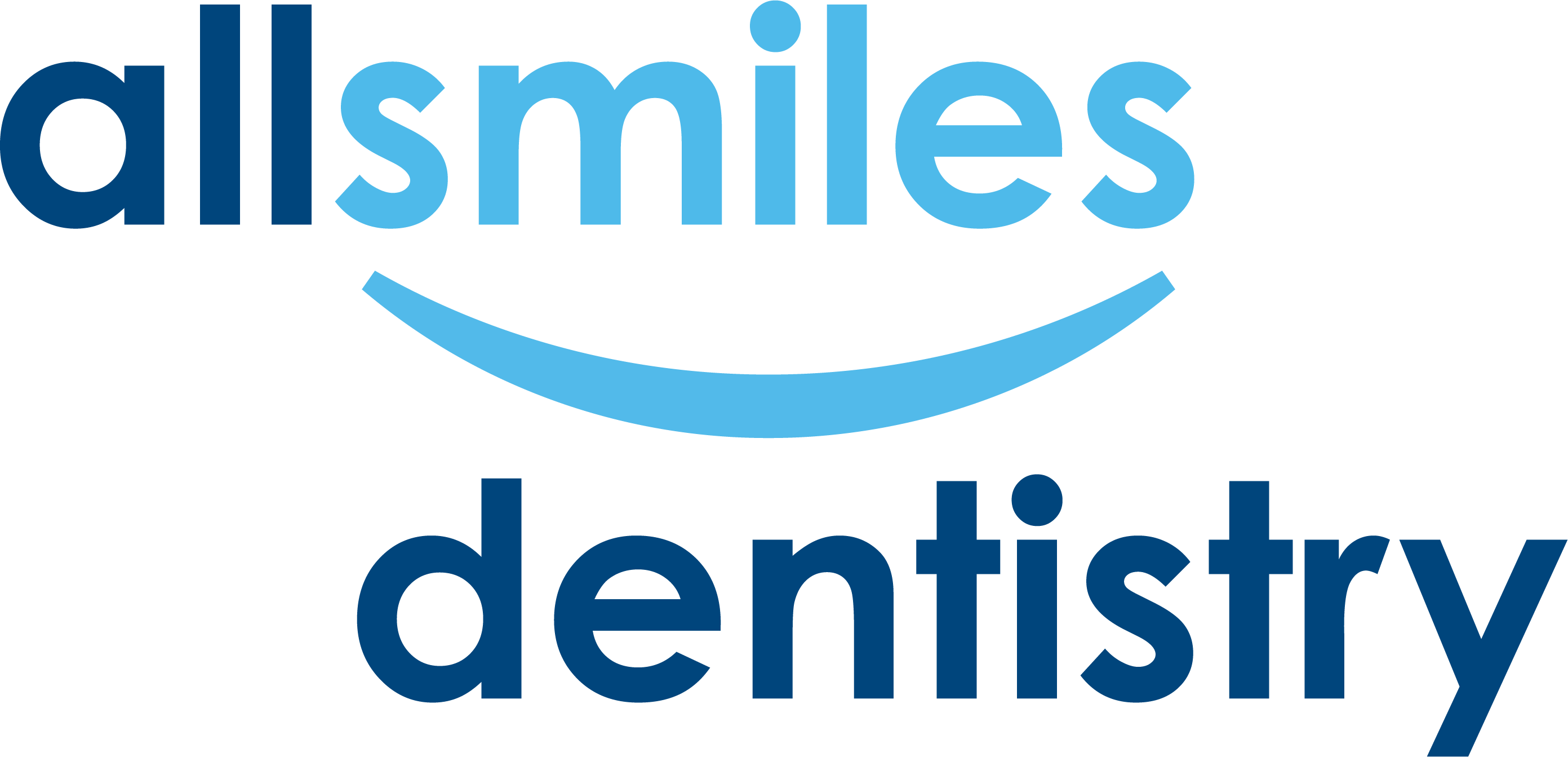Gingivitis is due to the long-term effects of plaque deposits. Plaque is a sticky material made of bacteria, mucus, and food debris that develops on the exposed parts of the teeth. It is a major cause of tooth decay. If you do not remove plaque, it turns into a hard deposit called tartar that becomes trapped at the base of the tooth. Plaque and tartar irritate and inflame the gums. Bacteria and the toxins they produce cause the gums to become infected, swollen, and tender.
The goal is to reduce inflammation. The teeth are cleaned thoroughly by the dentist or dental hygienist. This may involve various instruments or devices to loosen and remove deposits from the teeth.
Careful oral hygiene is necessary after professional tooth cleaning. The dentist or hygienist will show you how to brush and floss. Professional tooth cleaning in addition to brushing and flossing may be recommended twice per year or more frequently for severe cases. Antibacterial mouth rinses or other aids may be recommended in addition to frequent, careful, tooth brushing and flossing.
Repair of misaligned teeth or replacement of dental and orthodontic appliances may be recommended. Any other related illnesses or conditions should be treated.
